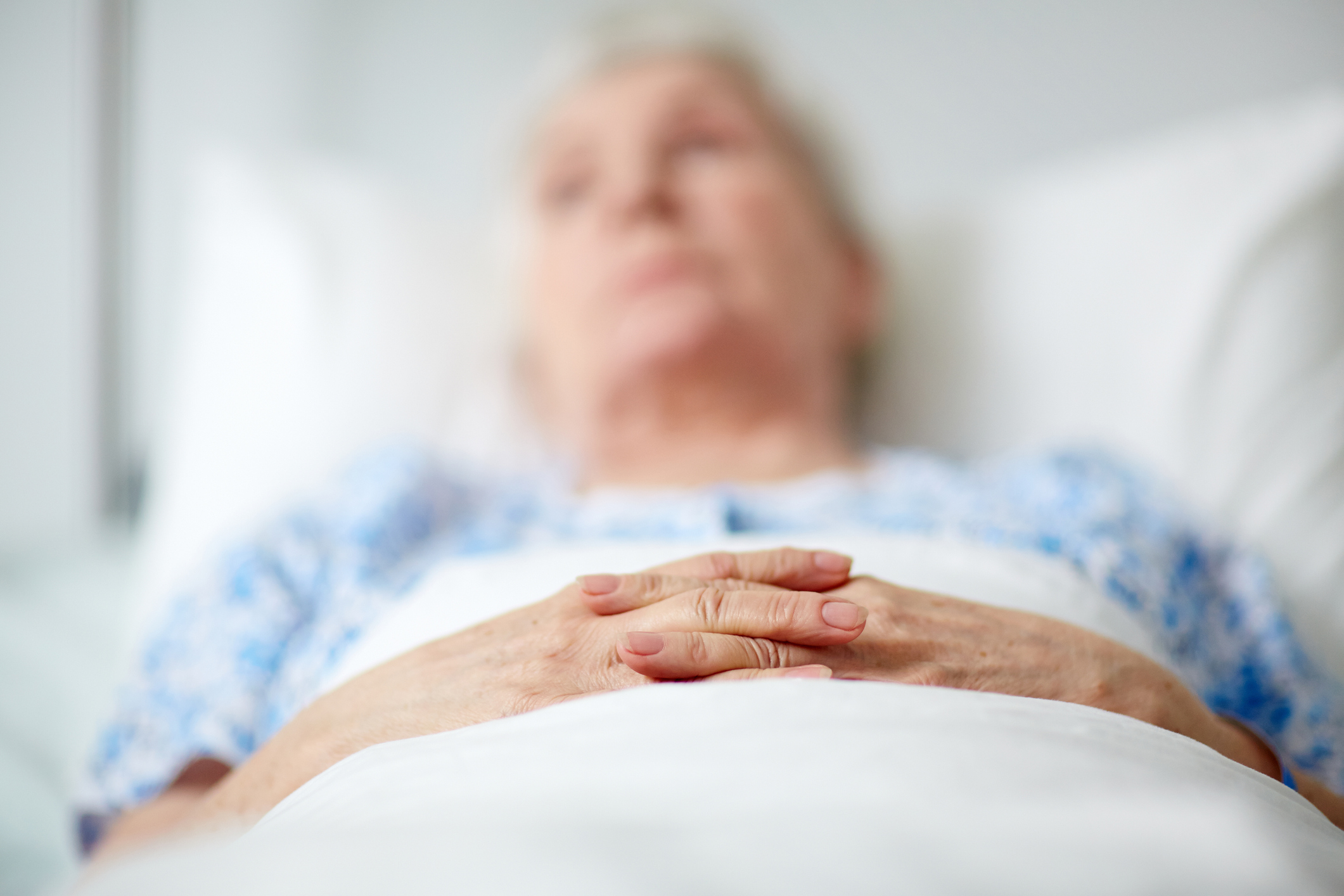Although falls are the leading cause of hospitalization for older adults and injuries resulting from falls frequently bring about a loss of independence, hospitals are so concerned about elderly patients falling, seniors are increasingly becoming immobile as a result of precautions that keep them from daily activity. And because muscle strength weakens quickly when a patient is bedridden, elderly adults who don’t get up and moving are at increased risk for falls and re-admission to hospital.
Sometimes referred to as “PJ Paralysis”, patients who are not getting up out of bed regularly can not only lose strength, but hours in bed can decrease lung capacity leading to infection and also result in bedsores. But because hospitals and nurses face penalties when a patient under their care has a fall, staff is instructed to prevent patients from getting out of bed independently; the use of alarms is common but hasn’t been proven to prevent falls. And with nurses and aides stretched thin, there is often not enough staff to escort patients on daily walks.
In some hospitals, the help of volunteers to get patients moving and walking has been found to aid in fall prevention, increase mobility and improve well-being. It’s time-consuming to get elderly patients properly attired and ready to get up and moving; IV lines or catheters and walkers can make moving a challenge and it takes an understanding and well-trained nurse, aid or volunteer to help seniors stay mobile in hospital.
According to a recent Washington Post report, getting older hospitalized patients moving is well worth the extra effort. In a recent study, hospitalized adults over the age of 65 who walked a minimum of 275 steps each day were significantly less likely to be re-admitted to the hospital within 30 days.
It is estimated that hospital patients spend over 84 percent of their time in bed and because older adults lose function rapidly, early mobilization can help decrease the risk for falls causing injury, reduce the length of stay in hospital and lower healthcare costs. If you or a loved one is hospitalized, it’s vital to make sure to have mobility aids, glasses, hearing aids and appropriate attire and footwear nearby to encourage seniors to walk around. Learn more about what family members or close friends can do to help an elderly loved one while in hospital by following this link to the Hospital Elder Life Program website.






Add Your Voice
0 Comments
Join the Discussion